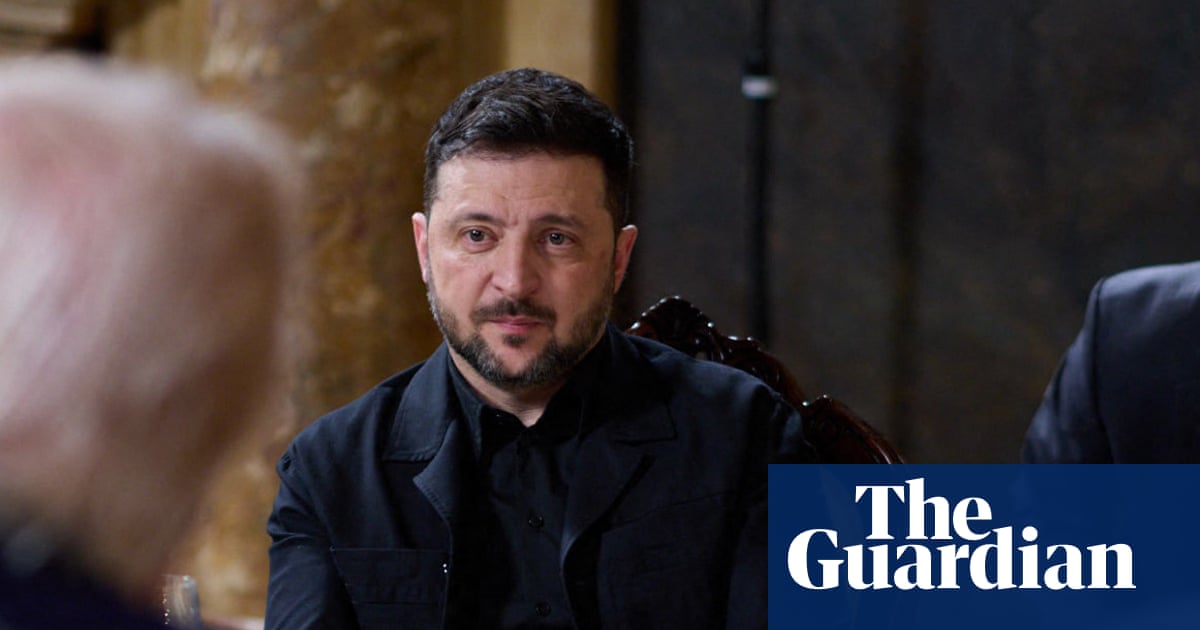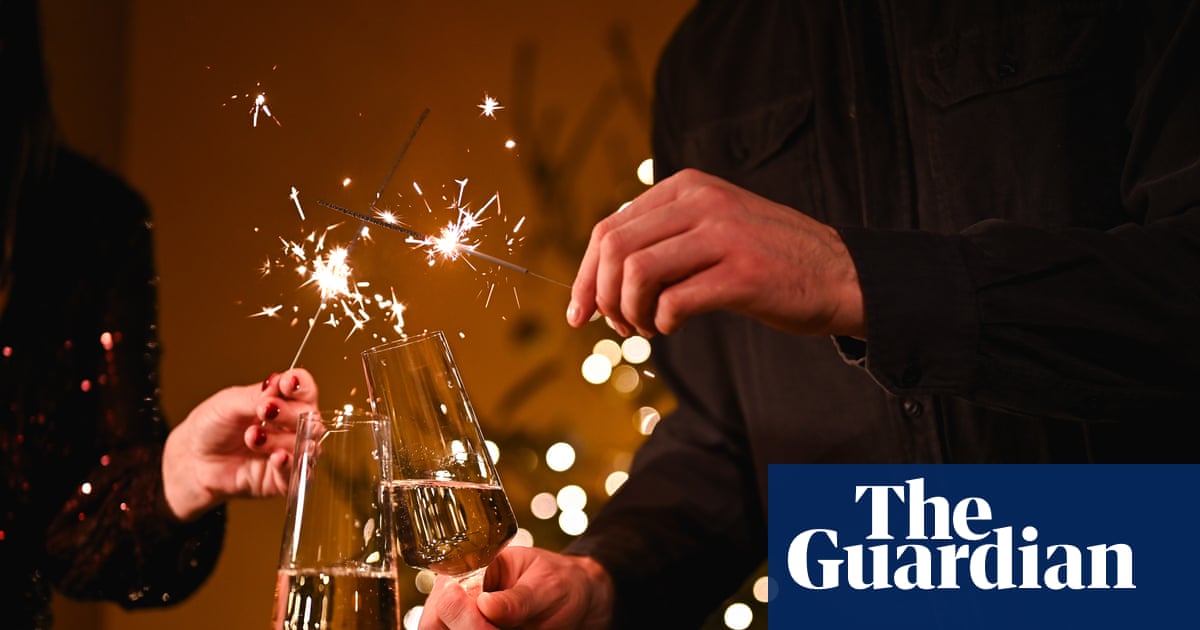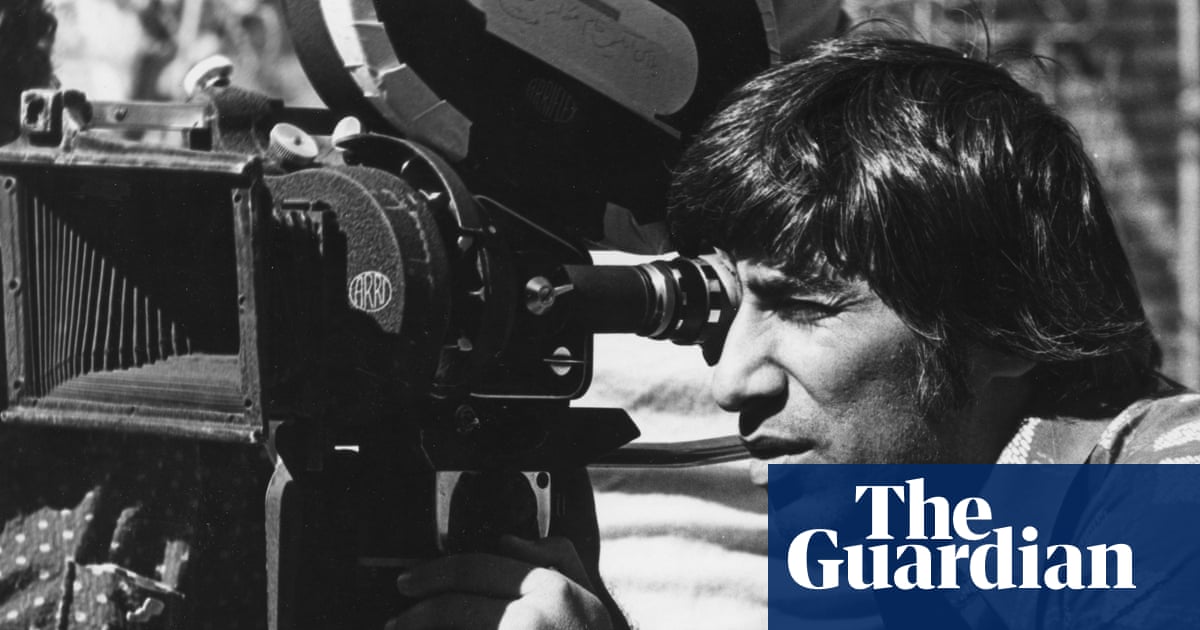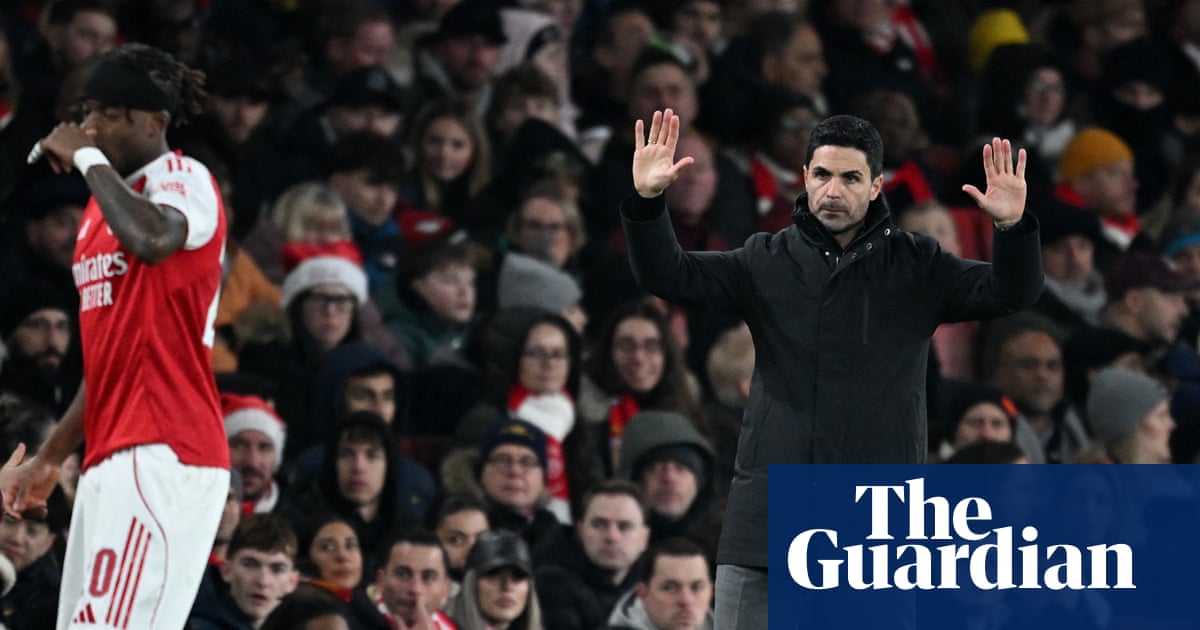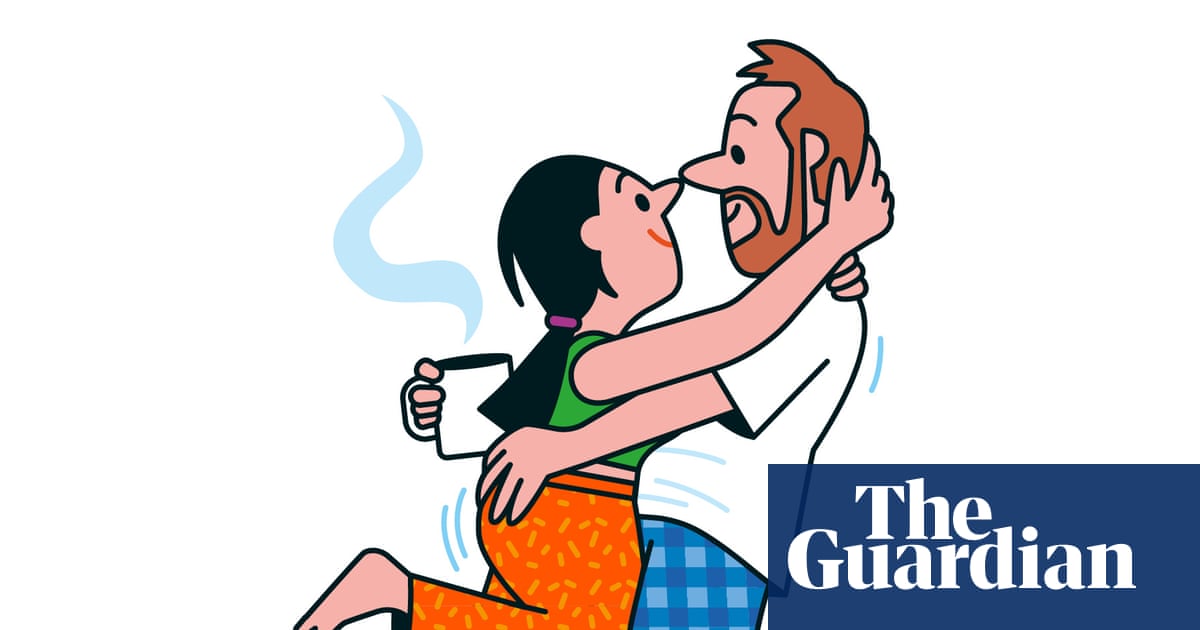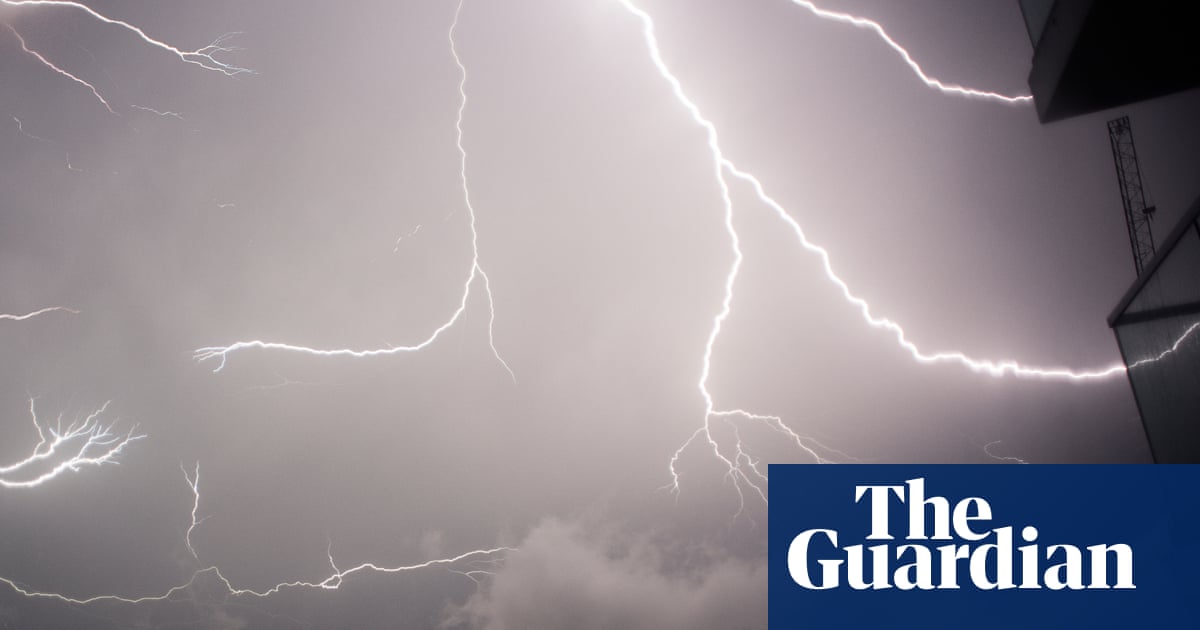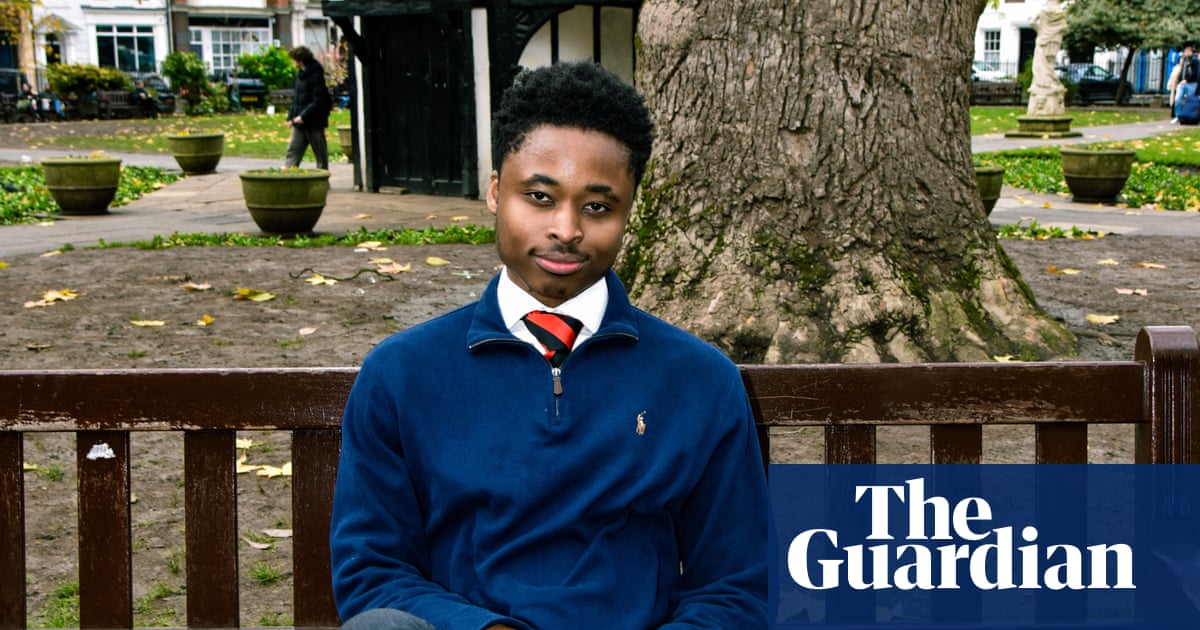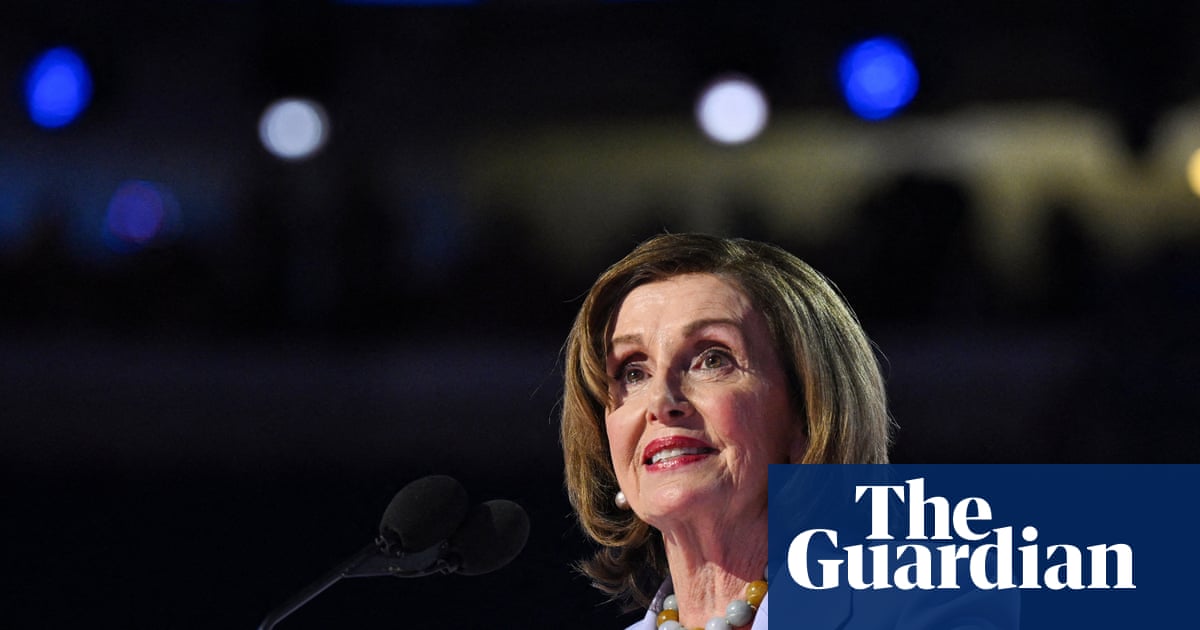On Monday, Donald Trump appeared in two, unrelated stories involving the sexual abuse of women. The first was a ruling by the US federal court of appeals, upholding an earlier judgment in which the president was found liable for $83.3m in damages for defaming the writer E Jean Carroll – a woman whom, it was ruled in civil court in 2023, had been sexually abused by Trump. On the same day, Trump’s alleged contribution to the late sex offender Jeffrey Epstein’s “birthday book” was shared by Democrats on social media in the form of a lewd drawing the president denied having made. The E Jean Carroll news caused no public inconvenience for Trump; the Epstein story went up like a mushroom cloud in what has become the most politically dangerous episode of his presidency.
What, exactly, is the difference then between the sexual abuse of E Jean Carroll, for which Trump has been found liable in a civil court, and the trafficking and abuse of victims by Epstein, in which there is no direct evidence of Trump’s involvement? For that matter, why does Trump’s record of gross references to grabbing women “by the pussy” and calling them “fat” and “ugly” elicit barely a shrug from supporters, while his friendship with Epstein, a man referred to in the press, variously, as the “billionaire paedophile”, the “paeodophile financier”, and, surely coming down the pike at some point, the “hell-based paedophile money manager”, has triggered not only fury among the Maga faithful but accusations of a Trump cover-up?
Trump people would argue it’s a question of degree: Epstein occupies the worst and most taboo category of sex offender – a child abuser, in which no grey area exists. This assumes the existence, within Maga circles, of a continuum ranging from paedophile sex trafficking (very bad), through other categories of sex offending (less bad but still quite bad), to “date rape” and the whole of #MeToo (lot of fuss about nothing). But this isn’t how Trump supporters have calibrated their outrage. Instead, what we have seen is mass, Maga hysteria over Epstein, in which even the likes of Tucker Carlson have made veiled accusations against Trump, and complete indifference to every other accusation made by women against the president.
It is a feature of misogyny, of course, that the flipside of abusing women and curtailing their rights is selective sentimentalisation. Animating the Maga movement is the desire for a return to traditional gender roles and pronatalism, a force driven, one assumes, by a sense of frustrated male entitlement that has built up over decades of gains made by the women’s movement. A hatred of women as extreme as the one seen within the current Republican movement requires a moral counterweight. And what better source of moral clarity – what starker moral issue, one that brooks no dissent or equivocation from anyone on either side – than the defence of abused girls? In the rightwing media, the only stories relished as much as those about Epstein’s crimes, are ones about violent offences committed by immigrants.
As a result, the use to which “child abuse” is put within the rightwing ecosystem is not only as a bat signal for conspiracy theories, designed to increase the reach of each story, but as a pretext for everyone in that world to feel, perhaps fleetingly, very good about themselves, moral crusaders in a horrible world. In the case of Epstein, there’s the bonus of liberal names being ensnared in the net. In Epstein’s “birthday book”, Bill Clinton appears to have left a whimsical message referring to Epstein’s “childlike curiosity”, and “drive to make a difference”. And Peter Mandelson appears in a bathrobe to address Epstein as “my best pal”. (Sidenote: there can be few situations in which being gay in public life is an advantage over being straight – but downplaying one’s involvement with Epstein is definitely one of them.)
The curious thing about all this is that, per the biases that govern how victims of sexual abuse are perceived, E Jean Carroll is a pretty good victim: an older woman (she was 52 when Trump abused her in 1996), doing a mundane chore (shopping), in a public place (Bergdorf Goodman). And yet the judgment of the civil courts in her favour in 2023 elicited no sympathy among Trump supporters, in or outside Congress, and since then the president has suffered no apparent drop in political fortunes.
But here’s the rub: Carroll is an adult woman, liberal, successful, stylish, and articulate – everything that threatens and triggers Trump’s base. The only female victim worth defending in Trumpland is the fallen girl, a figure straight out of a Victorian lithograph, and one who inspires such fervour, such delusions of nobility, that if it comes to a straight contest, she may win out over Trump.
after newsletter promotion
-
Emma Brockes is a Guardian columnist

 3 months ago
59
3 months ago
59
